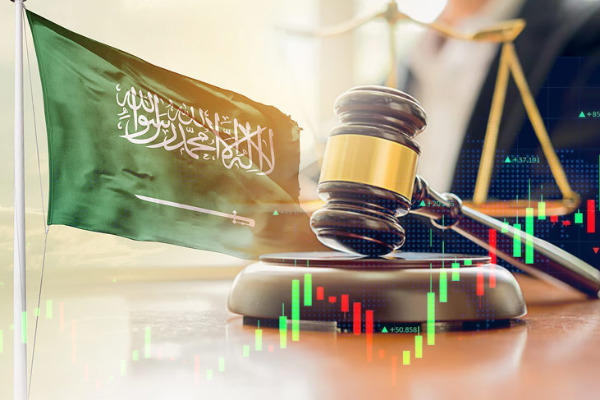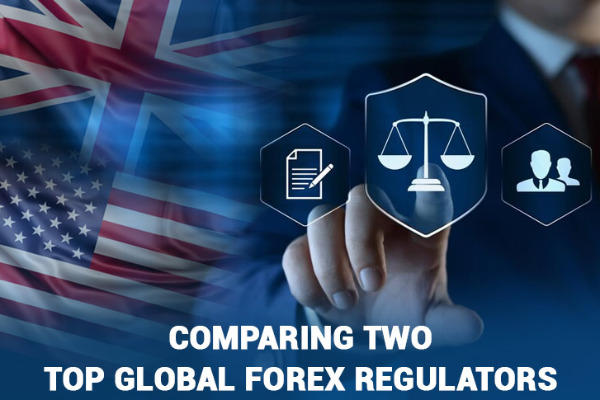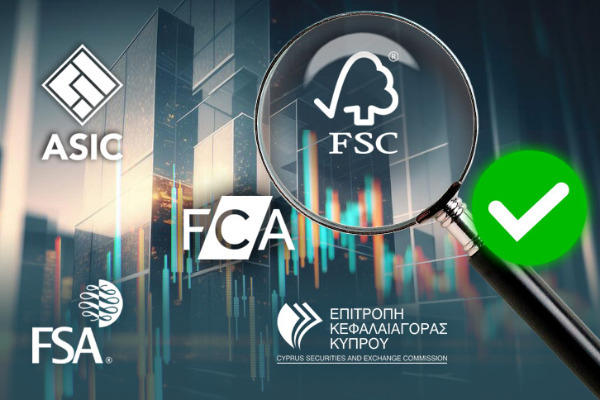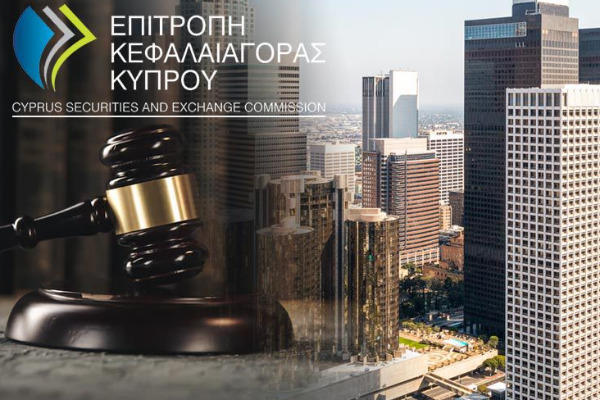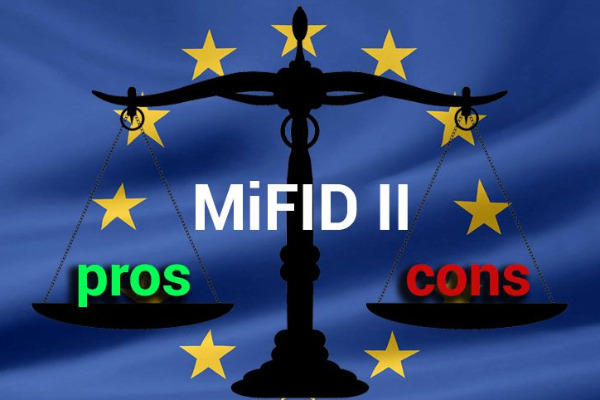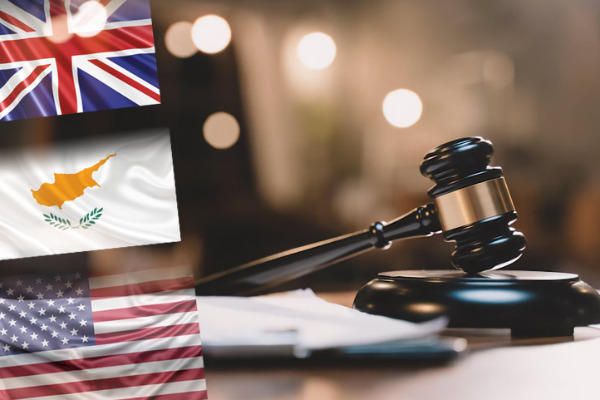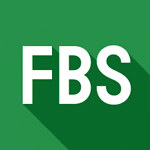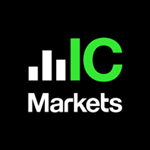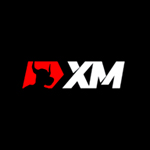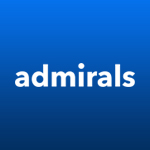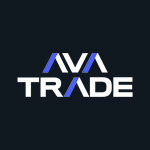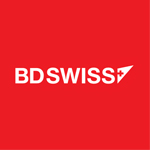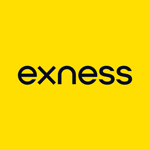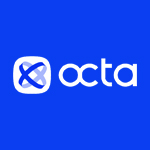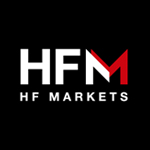Offshore regulators are financial regulatory agencies that operate from offshore financial centers, also known as tax haven countries.
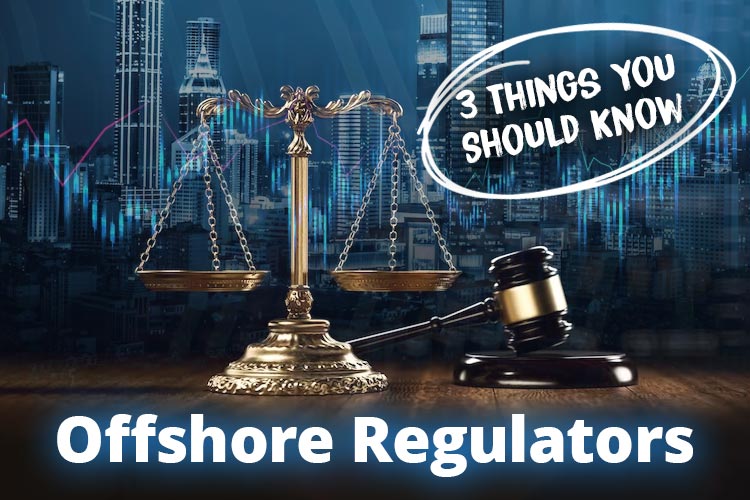
Licenses from offshore regulators are so popular nowadays that even US-based forex and CFD brokers might have one in their legal folders. On the other hand, many traders disparage offshore regulators compared to more prestigious regulatory agencies in major economies. What happens here?
In this article, we will examine what an offshore broker is, what distinguishes them from non-offshore regulators, and which are the most popular offshore regulators in the forex industry.
Offshore Regulators and Where to Find Them
Offshore regulators are financial regulatory agencies that operate from offshore financial centers (OFCs). According to the IMF, OFCs are countries or jurisdictions that provide financial services to nonresidents on a scale that is incommensurate with the size and financing of their domestic economies, such as Mauritius, Vanuatu, Belize, the British Virgin Islands, etc.
Offshore regulators confer licenses on financial companies that fulfill their requirements. However, their requirements are relatively more flexible than those of non-offshore regulators. And these are the reasons why more and more forex and CFD brokers seek licenses from offshore regulators:
- Offshore regulators do not subject licensees to strict financial market regulations and supervision. Licensees can provide higher leverage, various marketing gimmicks, and more innovative financial products.
- OFCs do not require registered companies to pay high corporate and capital gain taxes.
- Minimum capital requirements to establish a financial company in OFCs are usually lower than in non-offshore countries.
- Offshore regulators do not provide top-tier licenses, but they are officially recognized by the country. By extension, licensees are legal entities in the eyes of the law and can operate internationally except in the regions where they are officially banned.
These advantages imply mutual benefits for both broker and trader. Traders can enjoy exceptional trading conditions from offshore brokers, such as low margin requirements, unlimited leverage, small contract sizes, and more—all of which are heavily restricted by non-offshore regulators.
Looser supervision means that offshore brokers will not require traders to fulfill complicated AML/ATF procedures that are essential to stricter regulations. Traders can register, deposit, and withdraw their funds through relatively simpler processes and more secure privacy. This greatly benefits people from disputed territories and countries where civil and financial papers are less standardized.
Nevertheless, every coin has two sides. Due to the loose supervision, offshore regulators usually also do not provide sufficient consumer protections (particularly in the event of a broker's unethical behavior or bankruptcy).
Most Popular Offshore Regulators
We can divide offshore regulators into three categories:
First, OFC-based financial regulatory agencies that enforce stricter, more stringent rules than most offshore regulators. Several prominent examples are the Monetary Authority of Singapore (MAS) and the Securities & Futures Commission of Hong Kong (Hong Kong SFC).
Second, OFC-based financial regulatory agencies that are bound by law to a higher authority with comparatively prestigious status, which makes them more reputable. For example, CySEC (Cyprus) and MFSA (Malta) are listed under the European Securities and Market Authority (ESMA). This status allows any CySEC and MFSA-licensed companies to legally operate in all of Europe.
CySEC and MFSA were some of the most popular offshore regulators for this particular reason. However, as ESMA rules get tighter, forex brokers are looking for other popular offshore regulators.
Third, OFC-based financial regulatory agencies that are more popular among forex brokers but do not have such stringent reputations. Here are the most popular offshore regulators in this category:
- Belize International Financial Services Commission (IFSC)
- Mauritius Financial Services Commission (FSC)
- Seychelles Financial Services Authority (FSA)
- British Virgin Island Financial Services Commission (BVI FSC)
- Securities Commission of The Bahamas (SCB)
- St Vincent & the Grenadines Financial Services Authority (SVG FSA)
- Cayman Islands Monetary Authority (CIMA)
- Bermuda Monetary Authority (BMA)
- Vanuatu Financial Services Commission (VFSC)
Most forex traders consider all offshore regulators to be Tier 3. However, there are also some who distinguish the first and second categories as Tier 2—more credible and dependable than the third category.
Forex Brokers and Offshore Licenses
Most online forex & CFD brokers nowadays hold multiple licenses from more than one financial regulatory agency. It is a necessity in order to better serve traders internationally.
Brokers under Tier 1 licenses—such as the US CFTC and UK FCA—may also seek additional licenses from offshore regulators through different entities. Why? Because Tier 1 regulators strictly limit leverage and other trading conditions. Such rules are supposed to safeguard consumers against highly risky markets but also prevent small traders from entering the market. Brokers may have to obtain Tier 2 and Tier 3 licenses as well in order to be able to provide better entry-level conditions, such as lower capital requirements, higher leverage, and many others.
Here are several forex brokers with single and multiple licenses, including the ones authorized by offshore regulators.
| No | Broker | Licenses |
| 1 | Admiral Markets | FCA (UK), CySEC (Cyprus), FSCA (South Africa), CMA (Kenya), JSC (Jordan) |
| 2 | Alpari | FSC (Mauritius) |
| 3 | easyMarkets | ASIC (Australia) CySEC (Cyprus), FSA (Seychelles), FSC (British Virgin Islands) |
| 4 | eToro | CySEC (Cyprus), FCA (UK), ASIC (Australia), FSA (Seychelles) |
| 5 | EXNESS | FSA (Seychelles), CBCS (Curacao), FSC (British Virgin Islands), FSCA (South Africa) |
| 6 | FP Markets | ASIC (Australia), CySEC (Cyprus), FSCA (South Africa), FSA (Seychelles), FSC (Mauritius) |
| 7 | FXCM | FCA (UK), CySEC (Cyprus), ASIC (Australia), FSCA (South Africa), |
| 8 | FXOpen | FCA (UK), CySEC (Cyprus), ASIC (Australia) |
| 9 | FxPro | FCA (UK), CySEC (Cyprus), SCB (Bahamas) |
| 10 | FXTM | FCA (UK), CySEC (Cyprus), CMA (Kenya), FSC (Mauritius), FSCA (South Africa) |
| 11 | HF Markets | FCA (UK), DFSA (Dubai), FSCA (South Africa), FSA (Seychelles), CMA (Kenya), St. Vincent & the Grenadines |
| 12 | LiteFinance | CySEC (Cyprus), St Vincent & the Grenadines |
| 13 | RoboForex | FSC (Belize) |
| 14 | Tickmill | FCA (UK), DFSA (Dubai), CySEC (Cyprus), FSCA (South Africa), FSA (Seychelles), FSA (Labuan Malaysia) |
| 15 | Vantage Markets | FCA (UK), ASIC (Australia), CIMA (Cayman Islands), FSCA (South Africa), VFSC (Vanuatu) |
Are you interested in digging deeper into the laws that rule the worldwide forex industry? Read more on FX Regulation: Unveiling The Dark Sides of the Restrictions.

 Dedicated FREE FOREX VPS
Dedicated FREE FOREX VPS Free FOREX Virtual Private Server
Free FOREX Virtual Private Server MT4 Demo Contest, Get $500
MT4 Demo Contest, Get $500 Sign Up for an Account, Claim 60% Deposit Bonus
Sign Up for an Account, Claim 60% Deposit Bonus Free MT4/MT5 VPS 2024
Free MT4/MT5 VPS 2024 Send E-mail and Get Free Merchandise
Send E-mail and Get Free Merchandise $1K Refer a Friend Bonus for Pepperstone Pro clients
$1K Refer a Friend Bonus for Pepperstone Pro clients Maximize Your Earnings with 100% Deposit bonus
Maximize Your Earnings with 100% Deposit bonus Trade to Win, $5,000 Monthly Demo Contest
Trade to Win, $5,000 Monthly Demo Contest Claim 30% + 15% Deposit Bonus from LiteFinance
Claim 30% + 15% Deposit Bonus from LiteFinance
